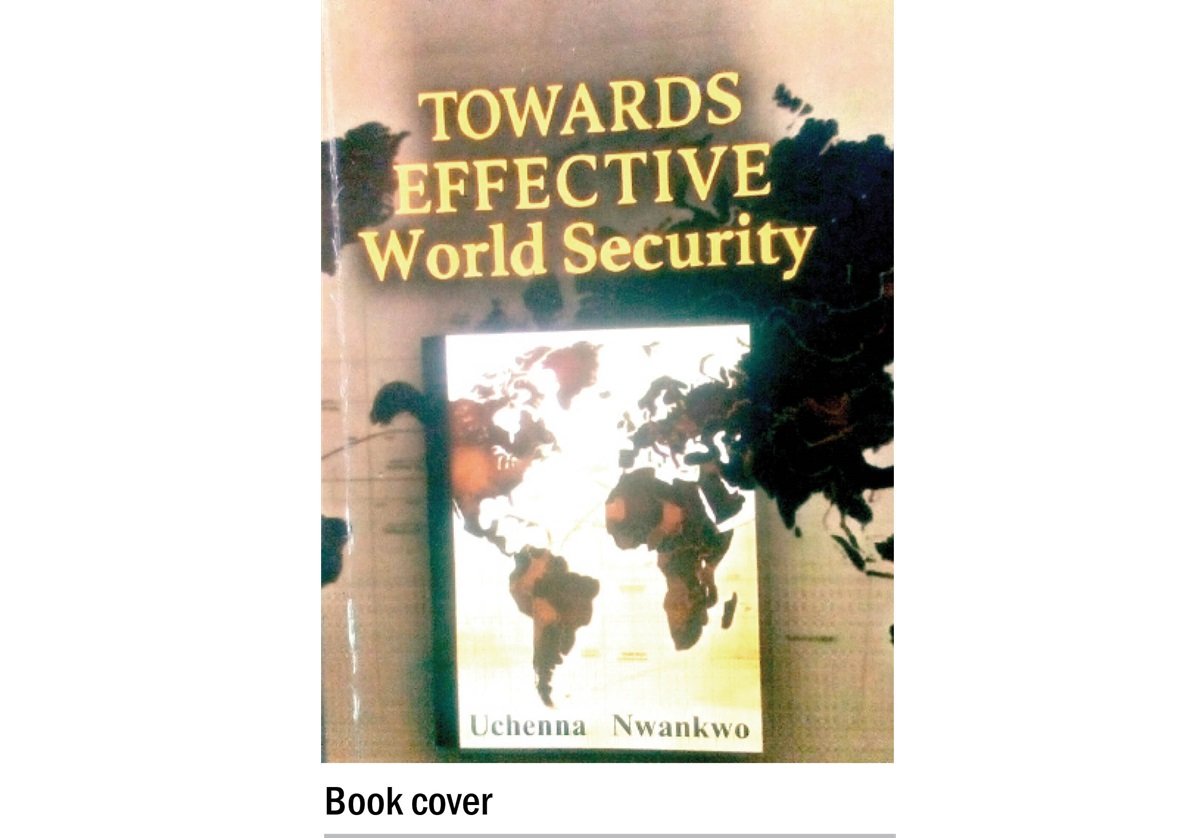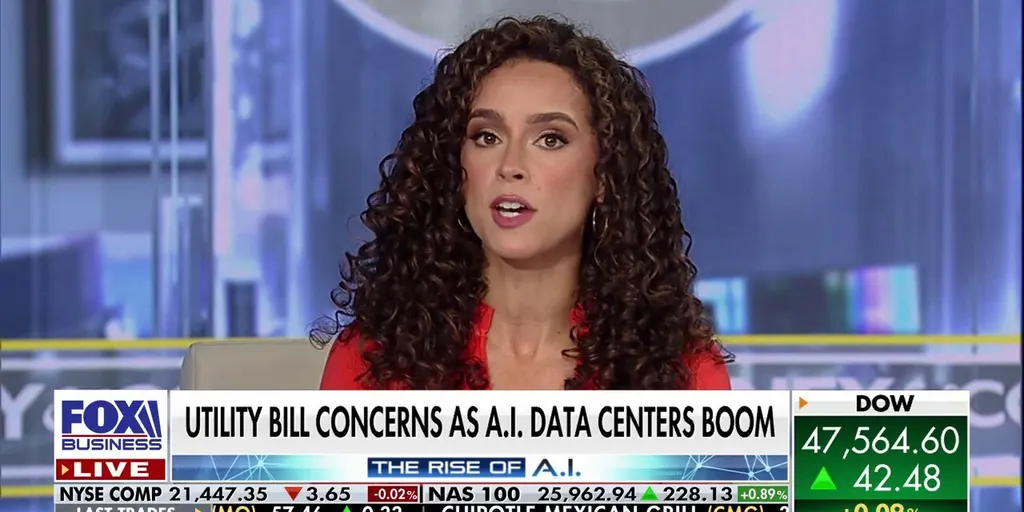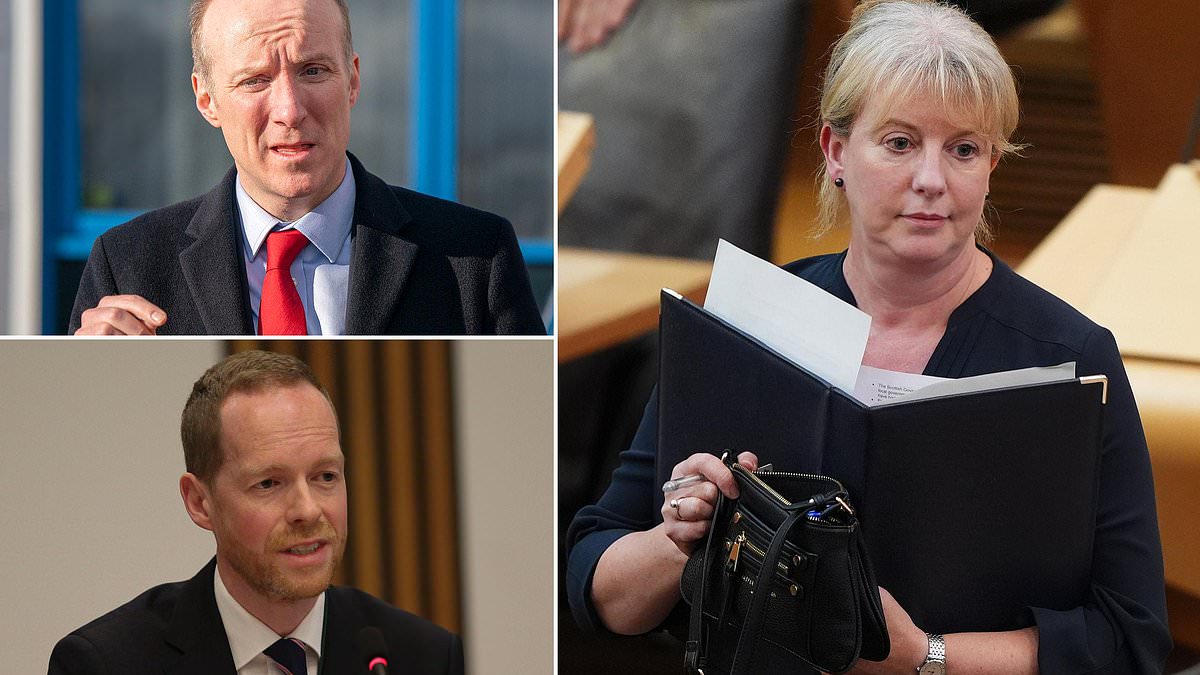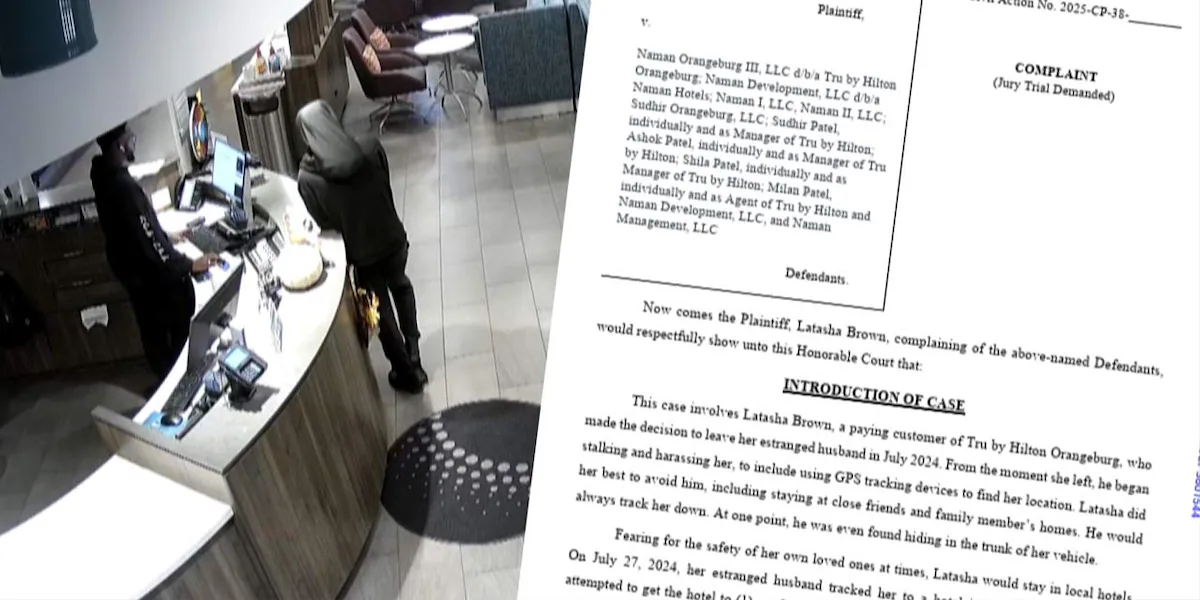Copyright tribuneonlineng

A review of Uchenna Nwankwo’s Toward Effective World Security by MAXIM UZOATU; CentristBooks, 2025, 187pages IT must be admitted from the outset that humankind lives in a hostile world that requires urgent, sustainable peace for humanity’s survival. A measure of joy comes from the knowledge that there are thinkers like Uchenna Nwankwo, author of ‘Towards Effective World Security’, who are committed to offering the world pathways to global peace and security. Nwankwo, who has thus far published well over 10 books, is highly recommended by Nigeria’s first president, Dr Nnamdi Azikiwe, who commended him in 1989 for his “timely work and scholarship.” ‘Towards Effective World Security’ takes bold charge by going way back to the establishment of the United Nations (UN) after the end of the Second World War in 1945, when the world body supervised by the permanent members, notably, the USA, the then USSR, the United Kingdom, France and China vested themselves with veto powers. It turned out that the UN Security Council, propped to deal with recalcitrant nations in the bid to ensure world peace, usurped the due powers of the UN’s legislative arm, thus “making it an inferior legislature of the colonial type, which they derogatorily named the General Assembly instead of the World Assembly it should be.” It is worth recalling that, before the Bolshevik revolution of 1917 in Russia, Lenin posed the ever-recurring question: “What is to be done?” It is a question like the one the centrist-minded reformist Nwankwo is posing on the world stage now. The author is not unmindful that out-of-the-box foundational thinkers had almost always been dismissed throughout history as authors of absurdity. Armed with a vast cache of the history of the world, Nwankwo starts with the backstory of the rise and fall of past empires and kingdoms traceable to wars, invasions, and internal commotions, but he goes further to unveil prospects of building up antidotes toward ensuring abiding world peace and security in his drive to save the human race from Mutually Assured Destruction (MAD) that a looming Third World War portends. Nwankwo is following the lead of Pierre Dubois, who, in his Circa-1305 work entitled The Recovery of the Holy Land, called for the establishment of international arbitration and adjudication. The case for the establishment of a League of Peace was made by Desiderius Erasmus (1466-1536) through his letters. The German philosopher Immanuel Kant, in his 1795 work On Perpetual Peace, gave a nod to the formation of a federation involving all nations as “the only effective method reconcilable with individual freedom as exists within states.” The “Holy Alliance” of 1815 and the “League Conferences” or “Hague Conferences” of 1899 and 1907 somewhat furthered the cause, culminating in the formation of the League of Nations in 1919. The League of Nations, which all but collapsed following the outbreak of the Second World War in 1939, was effectively dissolved in 1947 after the end of the war in 1945. October 24, 1945, marked the birth of the United Nations Organisation with an initial membership of 29 nations. It later expanded to include almost all the independent countries of the world, and the world body was composed of six principal organs: the General Assembly, the Security Council, the International Court of Justice, the Economic and Social Council, the Secretariat, and the Trusteeship Council. The Achilles Heel of the United Nations can be summed up by legendary musician Fela Anikulapo-Kuti’s lyrics in “Beast of No Nation”: “One veto vote is equal to 92 or more…” Nwankwo’s basic proposal in ‘Towards Effective World Security’runsthusly: that a World (or UN) Assembly be established, with power sharing amongst nations or countries predicated on the three factors of Population, the Equality of States principle, and Economic Power of nations (reckoned from their GDPs relative to the World total). These three factors are used to determine each country’s voting power, or the number of parliamentary seats to be allocated to it in the Assembly. The World Assembly is then to replace the General Assembly and become the policy- and law-making organ of the United Nations. The UN Security Council, after due reforms, is to become the in-house Committee of the World Assembly on Security. Decisions are to be made on democratic principles and as reflected by votes obtained on the floor of the World Assembly. It will be possible that decisions on procedural matters will be based on the simple majority rule, while the more difficult matters, like compelling a nation on any issue, for instance, to back down on a quarrel with another country, may be based on the securing of the more difficult absolute majority on the floor of the World Assembly. Thus, in a matter like the Houthis’ affront on some ocean-going vessels using the sea lanes of the Red Sea, it must be the business of the World Assembly to decide the fate of these activists before any country or group of countries may be brought in to enforce such a decision, and at the expense of the United Nations or the recalcitrant country involved! Indeed, when issues are tabled on the floor of the World Assembly, the respective countries that are majorly interested in the matter would be allowed to argue the case, for and against, after which a vote may be taken involving all nations, of course, with each country flexing its political muscle to the extent of its allotted voting power. This is what Nwankwo depicts as the United Nations’ democratisation. And it is this classical march of democracy that will empower the UN and give it the leeway to hold every nation in check or have leverage over every country, big or small. Nwankwo views the Russia-Ukraine conflict solely as a major obstacle to world peace. It even serves as a drawback to the discussion of the issues he had raised concerning the inadequacy of the UN as currently defined and set up. He raises issues that could lead to the reconciliation of the parties involved in the conflict, rather than disparaging or castigating anyone. He sees the problem as rooted in atavistic chicanery and thus must be handled carefully. Nwankwo then goes on to address the location or siting of the UN Headquarters, the Revenue system for funding the organisation, the World Bank, the IMF, the WTO, and the world currency system. It is of interest to him that other nations or groups of nations are also showing cognate concern for such matters. •Read the rest on www.tribuneonlineng.com •Uzoatu is a poet and journalist. In the end, Nwankwo outlines what must be done to make for a reasonable, responsive and formidable multipolar world: turn the General Assembly to the World Assembly, reform the UN Security Council, and promote regional organisations such as the African Union, the European Union and the Association of South-East Asian Nations (ASEAN) to provide a more effective framework for regional governance and cooperation under the UN system, etc. Nigeria, and indeed the world, needs optimistic thinkers like Nwankwo, who, in ‘Towards Effective World Security’, offers humankind a workable way to win the war on security. He writes with commendable clarity, and his social vision is never impaired by ineffectual political correctness. The world cannot afford to ignore ‘Towards Effective World Security’ currently, as new, destructive munitions and technologies can upend the world at the touch of a button.



